B21, China Town Mall, Midrand

- Products Sourcing
Key Features to Consider When Buying a Brick-Making Machine in South Africa
-
Eman Libatu
-
03 Aug 2024
-
82 Comment
The choice of machinery can significantly impact project efficiency, cost management, and overall success. Among the essential equipment, brick-making machines stand out due to their critical role in producing high-quality building materials. However, selecting the best brick-making machine for your specific needs requires more than just a glance at the product catalog; it demands a thorough understanding of various factors and a strategic approach.
Brick-making machines have transcended traditional methods, integrating advanced technology to meet the increasing demands of modern construction. The importance of these machines goes beyond mere production; they are pivotal in determining the quality, durability, and environmental impact of the bricks produced. Therefore, making an informed decision on which machine to invest in is crucial for both private and public construction projects.
While many articles and guides focus on the technical specifications and cost factors, this article aims to delve deeper into the often-overlooked aspects that can influence your decision. We'll explore the nuances of machine performance, the significance of energy efficiency, and the importance of sustainable practices in brick production. Additionally, we will discuss how to align your choice with the specific needs of your project, considering factors such as project scale, workforce requirements, and long-term maintenance.
Understanding the market landscape in South Africa is also essential. The country's construction industry faces unique challenges, including fluctuating material costs, stringent regulatory standards, and the need for sustainable practices. This article will provide insights into navigating these challenges, offering practical advice on evaluating different brands and models, and leveraging local expertise.
By the end of this guide, you will have a comprehensive understanding of choosing the best brick-making machine tailored to your project's requirements. Our goal is to equip you with the knowledge to make a decision that meets your immediate needs and supports the long-term success and sustainability of your construction endeavors.
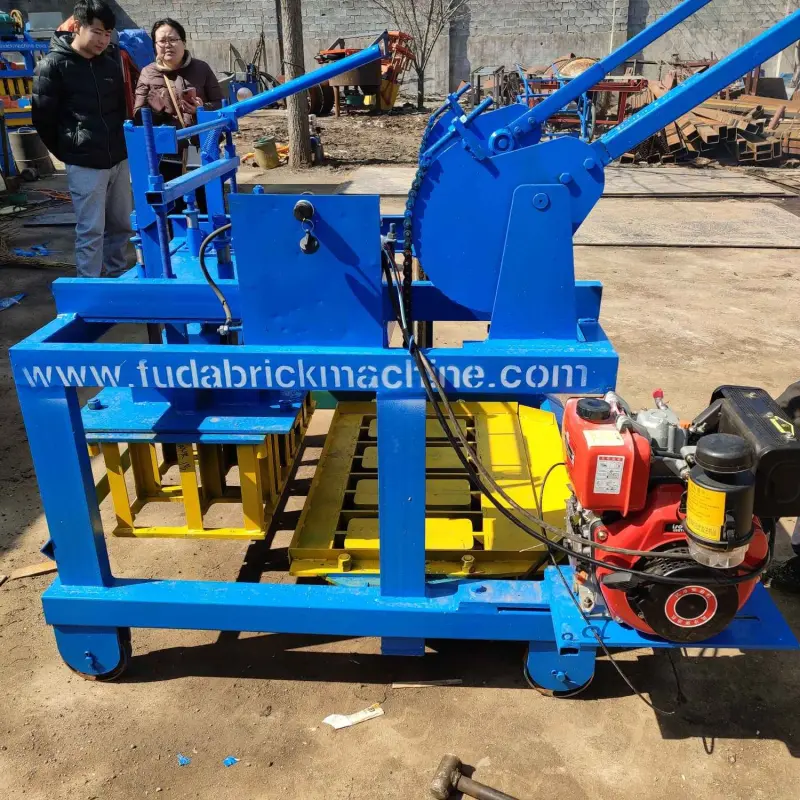
Types of Brick-Making Machines
Brick-making machines are categorized into three primary types: manual, semi-automatic, and fully automatic. Each type has distinct features and benefits:
Manual Brick-Making Machines: These machines are typically operated by hand and are best suited for small-scale production. They are cost-effective and require minimal maintenance. However, they are labor-intensive and have lower production rates compared to automated options.
Semi-Automatic Brick-Making Machines: These machines combine manual labor with mechanical processes. Operators feed raw materials into the machine, which then molds the bricks with limited human intervention. They strike a balance between cost and efficiency, making them suitable for medium-scale operations.
Fully Automatic Brick-Making Machines: These machines handle the entire brick-making process with minimal human involvement. From raw material feeding to molding and drying, the process is automated. They offer the highest production rates and consistency in quality, ideal for large-scale production.
Key Features to Consider
When selecting a brick-making machine, several key features should be evaluated:
- Capacity: The machine's output capacity is crucial. It should align with your production needs and project timelines.
- Durability: Machines built with high-quality materials and robust construction ensure longevity and reduce downtime.
- Efficiency: Look for features like energy-efficient motors and automated controls that enhance productivity while minimizing operational costs.
- Versatility: Machines that can produce different types and sizes of bricks offer flexibility to meet diverse construction requirements.
- Ease of Maintenance: Simple design and easy access to parts facilitate maintenance and reduce the risk of prolonged downtimes.
Click HERE TO Browse all types of brick-making machines
Assessing Your Needs
Project Scale
The scale of your construction project directly influences the type of brick-making machine you need. For small projects, manual or semi-automatic machines may suffice. However, large-scale projects necessitate fully automatic machines to meet high production demands efficiently.
Budget Constraints
Budget is a critical factor. While fully automatic machines offer the best efficiency and quality, they come with higher upfront costs. It’s essential to balance your budget with the long-term benefits of the machine, considering potential savings in labor and materials over time.
Workforce and Training
Different machines require varying levels of expertise to operate. Manual machines require more hands-on labor, while semi-automatic and automatic machines need trained operators to manage and maintain them. Assess the skill level of your workforce and the availability of training resources when choosing a machine.
Evaluating Machine Performance
Production Capacity
Evaluate the production capacity of the machine to ensure it meets your project requirements. Higher-capacity machines are essential for large-scale projects but may be unnecessary for smaller operations. Consider both the daily output and the consistency of production.
Energy Efficiency
Energy-efficient machines reduce operational costs and minimize environmental impact. Look for machines with energy-saving features such as efficient motors and automated shut-off systems. Energy efficiency not only reduces electricity bills but also supports sustainable construction practices.
Maintenance Requirements
Understanding the maintenance needs of a machine is crucial for ensuring long-term performance. Machines that are easy to maintain with readily available spare parts can prevent costly downtimes. Regular maintenance schedules and support from the manufacturer or supplier can also enhance machine longevity.
Quality of Output
The quality of bricks produced by the machine is paramount. High-quality bricks ensure structural integrity and longevity of the construction. Machines that utilize precise molding techniques and vibration technology typically produce more uniform and durable bricks.
By considering these factors, you can make an informed decision when selecting a brick-making machine that aligns with your project needs and long-term goals. A well-chosen machine not only boosts productivity but also ensures cost savings and superior quality in your construction projects.
Making the Final Decision
When it comes to making the final decision on which brick-making machine to invest in, it’s crucial to go beyond the obvious factors of cost and capacity. To truly make an informed choice, consider the following unique and often overlooked aspects that can significantly impact your investment's long-term success.
Cost-Benefit Analysis
Perform a comprehensive cost-benefit analysis that includes both direct and indirect costs. While the initial purchase price is a major consideration, also accounts for operational costs such as energy consumption, maintenance, and labor. Evaluate the machine’s expected lifespan and calculate the total cost of ownership over this period. This analysis should also factor in the potential savings from reduced material waste and higher production efficiency .
Integration with Existing Systems
Assess how well the new brick-making machine will integrate with your existing production systems. This includes compatibility with current software, ease of installation, and the need for additional infrastructure. Machines that offer seamless integration can reduce downtime and transition costs. Consider machines with modular designs that allow for easy upgrades and expansions as your production needs grow .
Supplier Reputation and Support
The reputation of the supplier or manufacturer can be a strong indicator of the machine’s reliability and the level of after-sales support you can expect. Research the supplier’s track record in terms of customer service, availability of spare parts, and responsiveness to technical issues. Opt for suppliers who offer comprehensive training programs, regular maintenance services, and warranties that protect your investment
Environmental Impact
In today’s construction industry, sustainability is no longer optional but a necessity. Choose brick-making machines that are energy-efficient and have a lower environmental footprint. Machines that support the use of recycled materials or minimize emissions can help you comply with environmental regulations and enhance your company’s reputation as an eco-friendly business .
Scalability
Consider the scalability of the machine. As your business grows, your production demands will likely increase. Invest in a machine that can scale with your needs, either through inherent design flexibility or the ability to add modules and enhancements. Scalability ensures that your initial investment remains viable as your operations expand .
Future-Proofing with Technology
Technology is rapidly advancing in the construction industry. Look for machines that incorporate the latest technological advancements such as IoT connectivity, automation, and advanced control systems. These features can improve operational efficiency, provide valuable data insights, and keep your production process competitive in the future .
By considering these factors, you ensure that your decision is not only based on immediate needs but also positions your business for future success. A thoughtful, well-rounded approach to selecting a brick-making machine can provide long-term benefits, making your investment worthwhile.
Leave Comment
Your email address will not be published. Required fields are marked

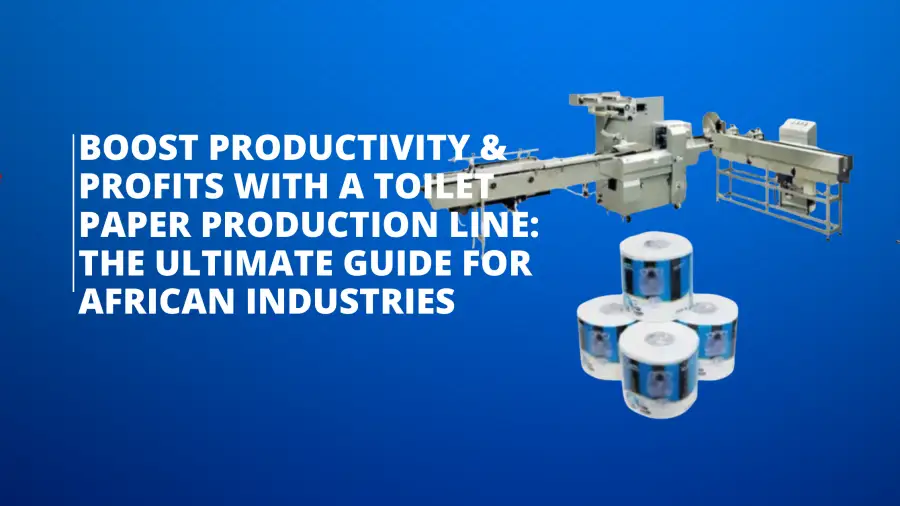
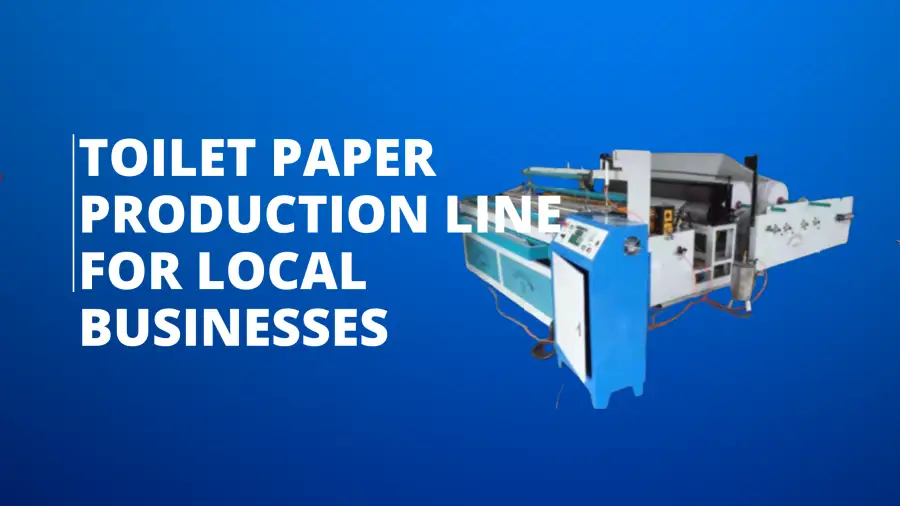
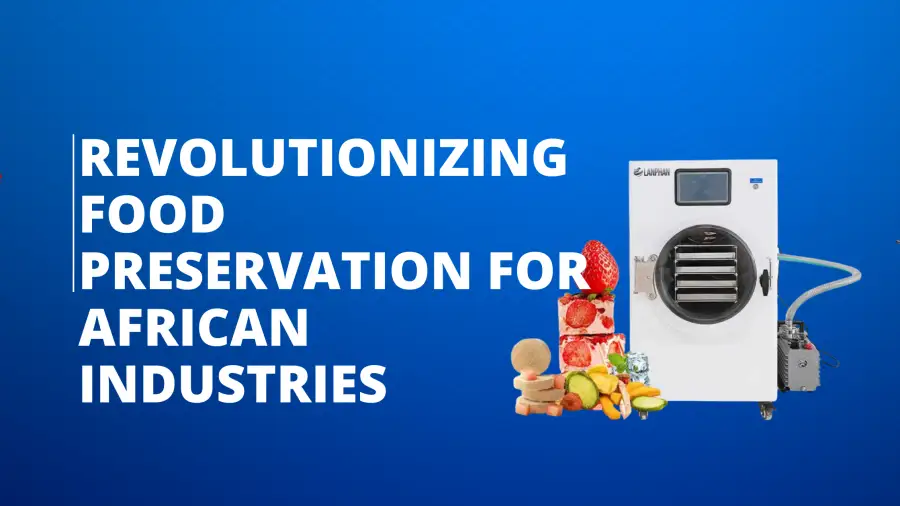


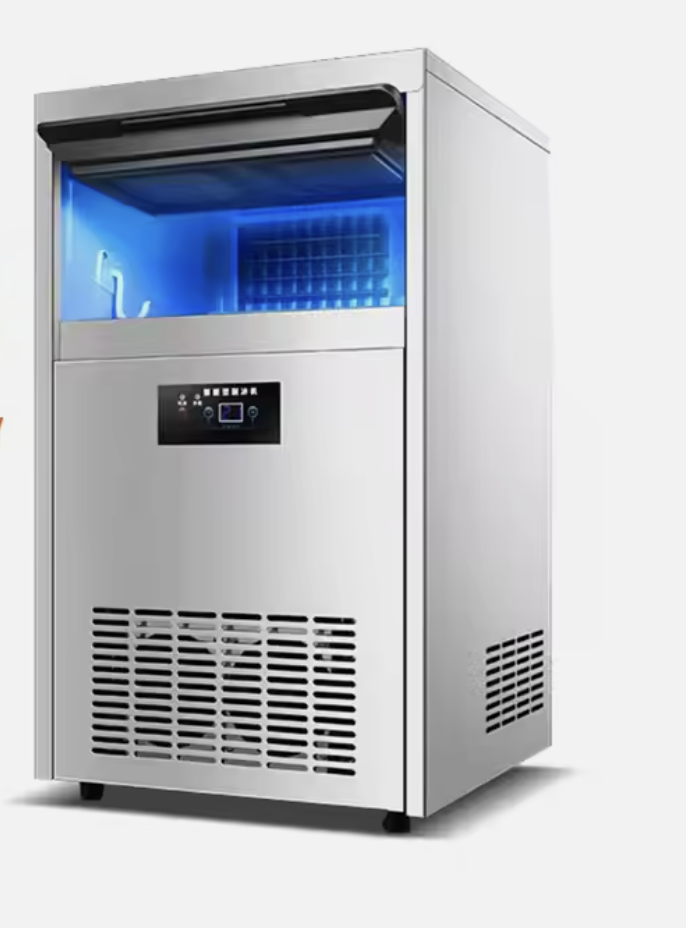
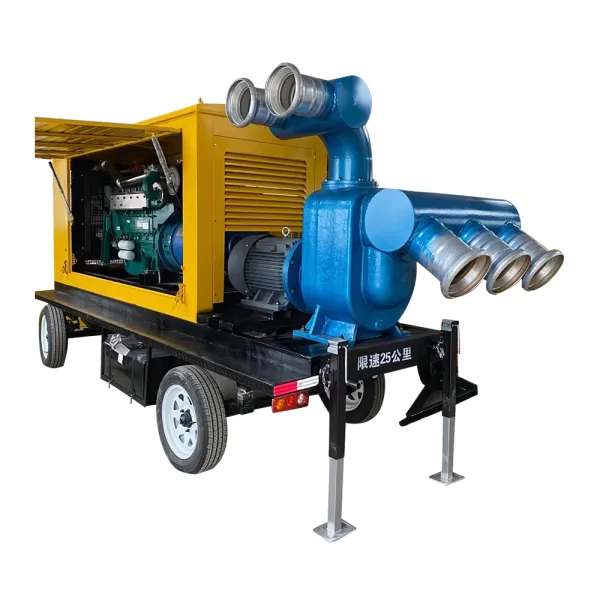
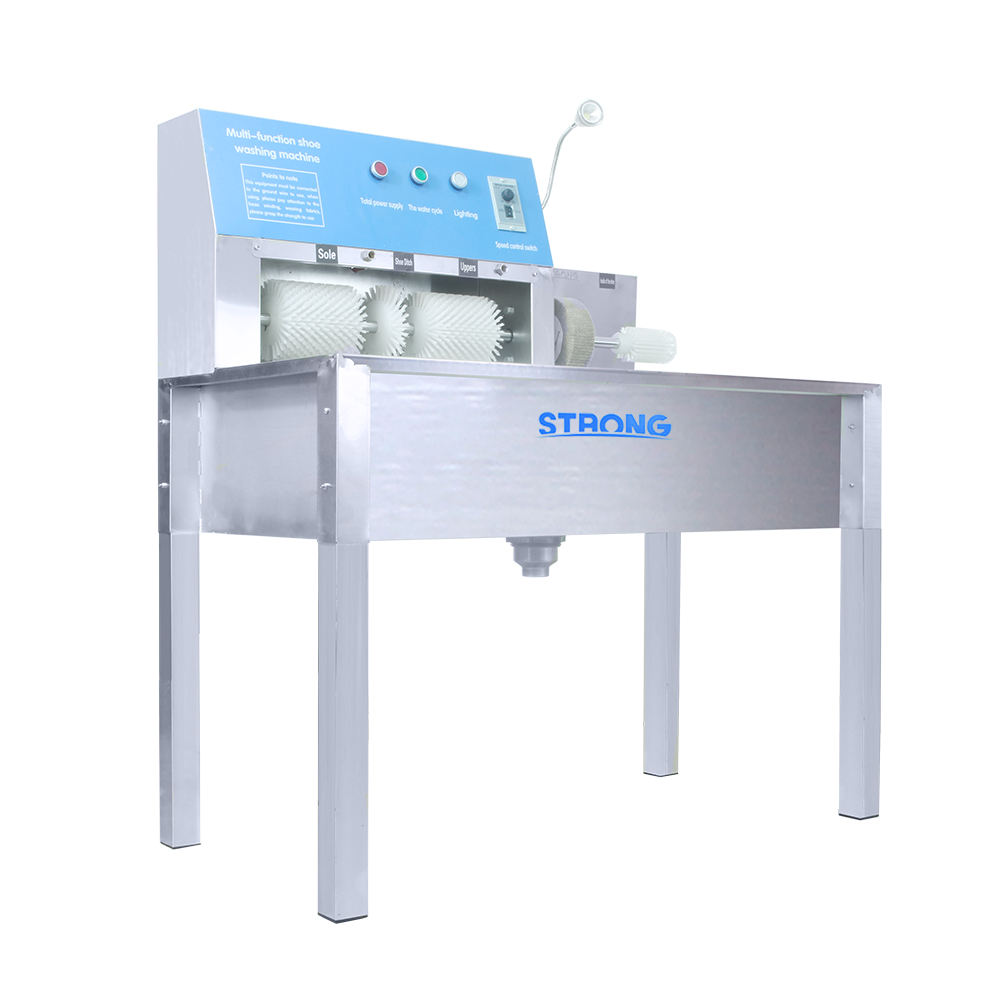
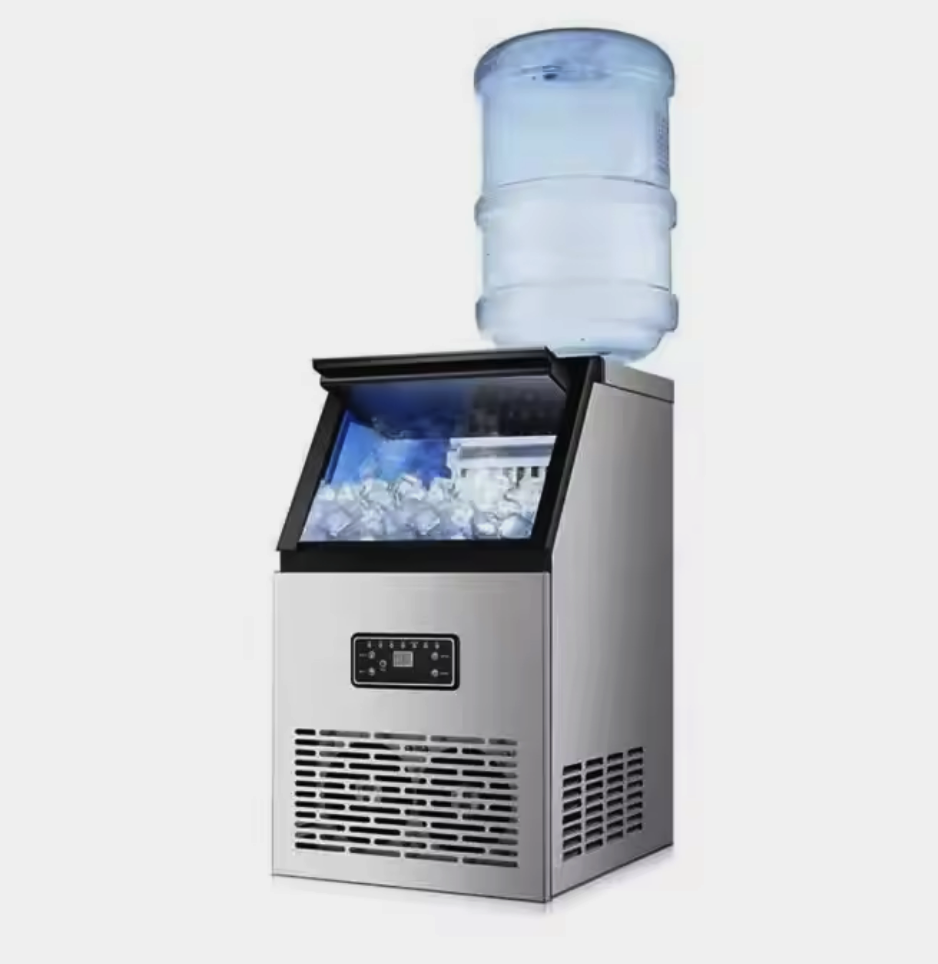
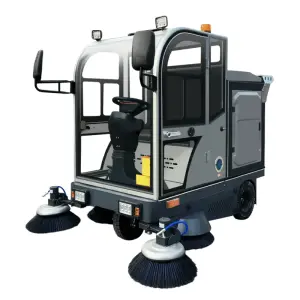
Comments
30 Jan, 2022
Glenn Greer
"This proposal is a win-win situation which will cause a stellar paradigm shift, and produce a multi-fold increase in deliverables a better understanding"